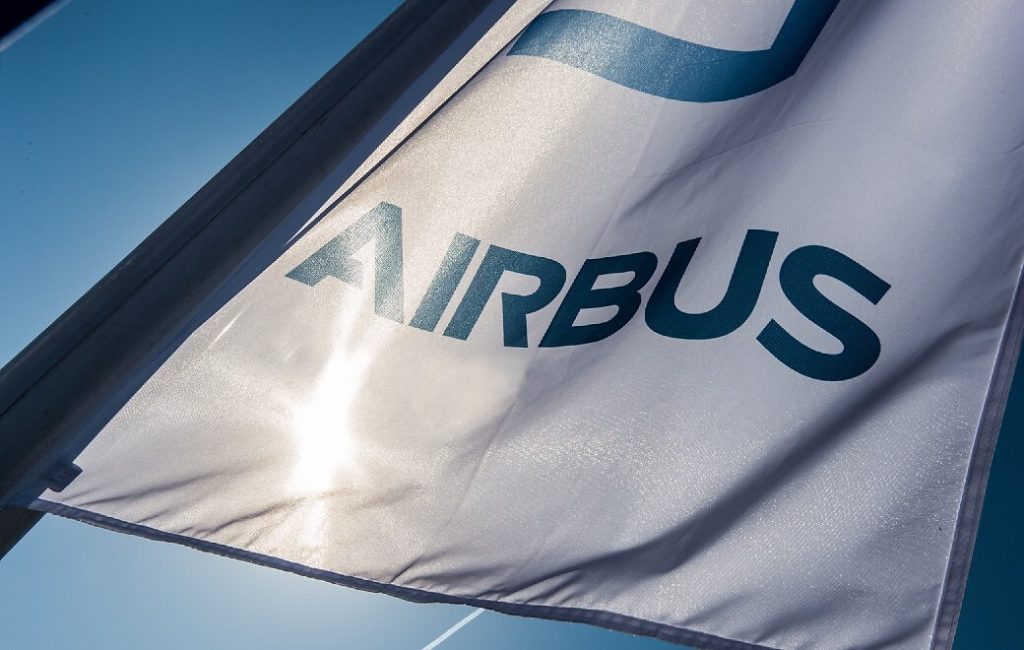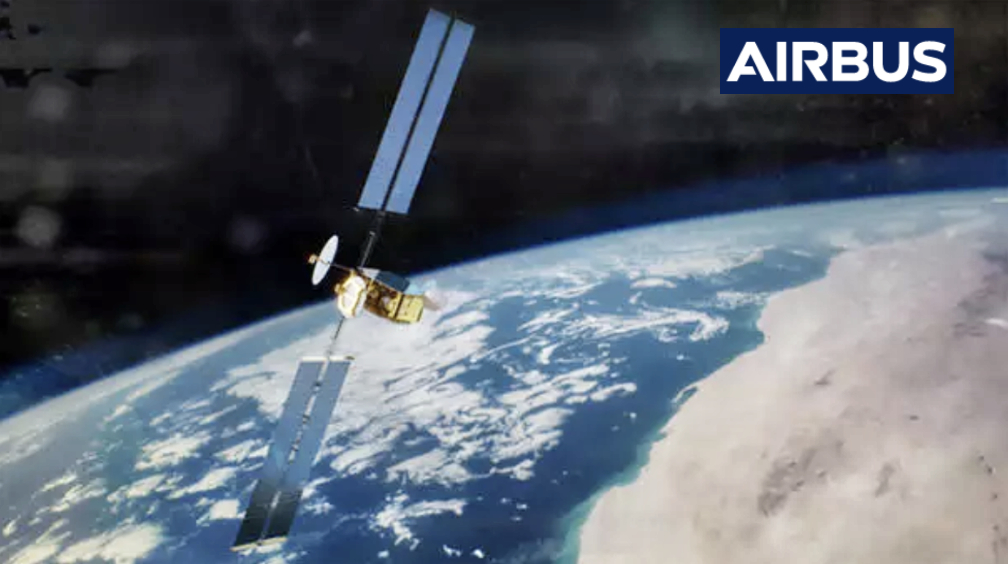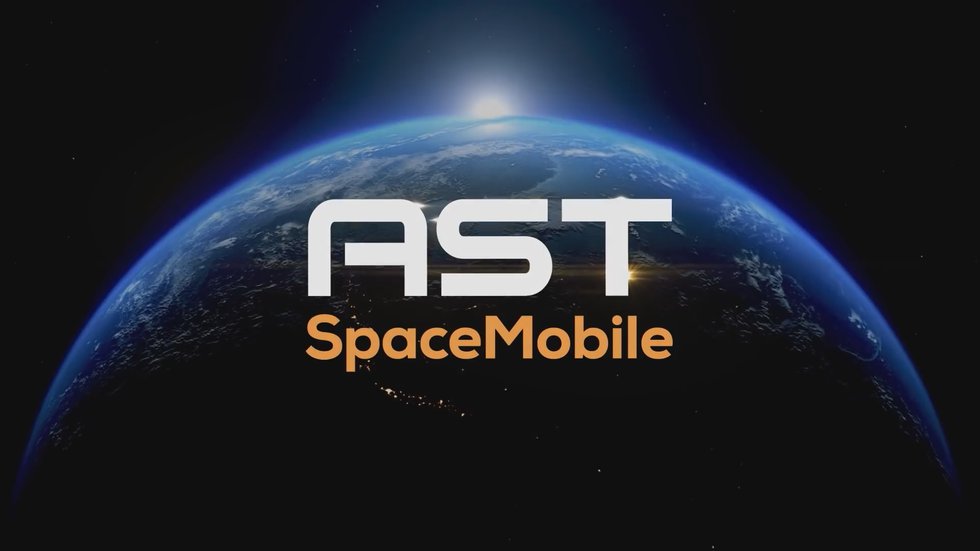
Airbus last week announced its financials for 2023, but one major segment stood out which was a massive €600 million ‘write down’ in costs set against its development of its OneSat software defined satellite — the craft has suffered delays, cost increases and a consequential damaging reassessment of its market prospects.

Airbus has reported that it has received nine firm orders for OneSat but none have yet been delivered. Orders in hand at Airbus for OneSat include Viasat (3 craft), Intelsat (2), Thaicom, Australia’s Optus and SkyPerfect JSAT (of Japan). Airbus OneSat is a fully software-defined craft and permits satellite operators to adjust many of the craft’s core parameters including coverage, power and bandwidth and take into account changing market and business demands during the satellite’s life in orbit.
Airbus said that it is working on a deep investigation into Airbus Space Systems as it attempts to get a handle on the satellite’s problems. Airbus overall reported revenues of €11.495 billion, with the Space Systems division being responsible for 20 per cent of that total.
“When it comes to these charges, and building on the work done in the first nine months, we extended the scope in Q4 and reviewed our space programs in depth,” Airbus CFO Thomas Toepfer said in a post-results analyst call on Airbus’ full-year financial results.
AST SpaceMobile wins Rakuten contract

AST SpaceMobile has signed up Japanese telco Rakuten to its planned direct-to-smartphone service. Rakuten stated the company will deploy AST services starting in 2026.
Rakuten joins Vodafone, AT&T and Google to AST SpaceMobile’s growing club of telcos promising a satellite-based service. Other members of the club include Bell Canada and American Tower and a total of 40 (mostly unspecified) other telcos.
Rakuten’s CEO Hiroshi Mikitani, speaking at a launch event in Tokyo, said, “I want to make the physical, geographical coverage 100 per cent for Japan. People will be able to make direct phone calls from a ship or a plane.”
AST describes itself as “The first and only space-based cellular broadband network for mobile phones. Eliminating coverage gaps to enable billions of people globally to stay connected.” AST has also said that its system will permit “three-way calling.”
AST is now assembling four satellites per month and will start launching them during Q2 2of 024, with more powerful Version 2 following on; however, as a reality check ,the company is running about nine months later than initially promised for availability and launches — SpaceX will handle the launch of AST’s satellites.
A February 8th report from investment bank Barclays talks positively and said the investment revenue opportunity for AST could represent a meaningful uptick for the satellite industry, noting,“We believe the investment case for AST has evolved positively since the launch of its test satellite in 2022″.
However, the would-be operator is in an already crowded area. Apple/Globalstar already offer emergency SOS services and say they will expand their offering once Globalstar orbit extra satellites in 2025. Elon Musk’s Starlink is rapidly expanding its satellite offering to include initially emergency and then full voice services and working with T-Mobile. Businesses such as Viasat and Iridium are also tapping into this market opportunity. China’s Huawei is already offering messaging to its ‘Mate 60 Pro’ series of smartphones.
These direct-to-device systems — which are often called non-terrestrial networks, or D2D networks — enable devices to stay connected through satellites in space. For isolated rural communities or businesses operating in remote regions, it could bridge coverage gaps that are not served by cell towers and antennas on Earth.
One observer, Dr. Tim Farrar of TMF Associates, expressed a word of caution, and said, “It has become crystal clear that some of the most experienced companies in the satellite sector don’t believe there can be a return on investment for additional capital investment in the face of competition from SpaceX. Some investors haven’t realized that yet. There’s definitely interesting opportunities here. The unknown is really the degree to which consumers really care, and we’ve had 25 years of learning that in most cases, to date, we’ve not seen a lot of evidence that they do care.”

